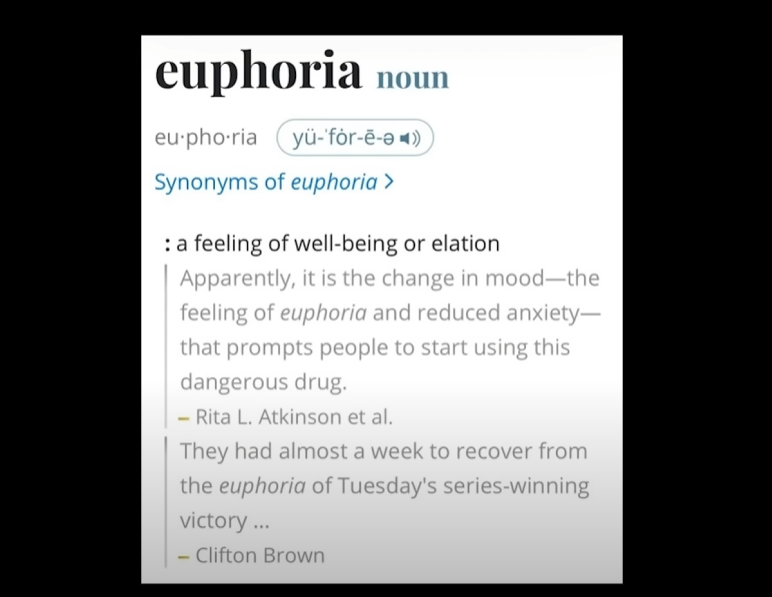
At the dawn of Barack Obama’s presidency he wrote, “A democracy requires accountability, and accountability requires transparency.” As we enter into the fifth year of his term, it’s time we hold him accountable to his campaign promises of hope and change that have thus far proven to be as transparent as the beggars we see on freeway exits. We give them our change and hope that it’s going to make a difference, but the truth is we have no idea if our hard-earned money is actually going toward improving their lives.
When Obama was running for president in 2008, one of the promises he made was to reign in Wall Street and hold them accountable for their often fraudulent actions, such as those that led to the financial breakdown in 2008 and the subsequent bailout. When it came to light that American International Group, who had received $173 billion in bailout money, was giving out $165 million dollars in bonuses Obama expressed his outrage and asked Treasury Secretary Timothy Geithner to “pursue every single legal avenue to block these bonuses.”
While this gave some hope that Obama was serious about Wall Street reform, the fact is that he simply let the issue drift away like a feather in the wind until the American public forgot their anger and outrage. When his administration was questioned about this, Larry Summers, director of Obama’s National Economic Council, said, “We are a country of law. There are contracts. The government cannot just abrogate contracts.” However, the federal government has done exactly that with the auto industry when they insisted that Ford, General Motors and Chrysler break their contracts to their own workers as part of the conditions for the bailout.
The failure to follow through on AIG was an example of how Obama could talk a good game but fail to deliver on the action. In his 2012 State of the Union address, he spoke aggressively on financial reform by pledging to “hold Wall Street accountable.” He has since followed that up by not only showing a refusal to prosecute any bankers involved with the financial meltdown, but by trying and failing to nominate Larry Summers to replace Ben Bernanke as the chairman of the Federal Reserve.
This is the same Larry Summers that has been criticized for being far too cozy with Wall Street — and for good reason. He has made a small fortune at the very hands of the people he would be asked to regulate. According to the New York Post, he received $135,000 for one speech from Goldman Sachs in 2008. He also made money from speakers’ fees from JPMorganChase, Citigroup and Merrill Lynch. Bloomberg reported Summer’s net worth as of 2009 was almost $17 million, more than 40 times the amount he reported in 1999.
As president, Obama has the unilateral power to force a fight over Wall Street reform and has a pulpit from which he can drive public opinion. He simply chose not to when it came to financial reform and instead championed bailouts and appointed the very people from Wall Street who were part of the financial crisis, such as Summer’s and Mary Jo White at the Securities Exchange Commission.
Obama has the power to persuade the people he appointed at the Justice Department to make it their business to prosecute certain issues. He proved he was capable of this back in January when he issued a executive order to the Department of Justice to increase enforcement in preventing gun violence and prosecuting gun crimes. He certainly could have issued a similar executive order after winning a second term and promising to “hold Wall Street accountable,” but instead he has chosen to talk tough and leave the action for someone else.
Back in 2008 during the gas crisis, prices were rising into the four dollars per gallon range while major oil companies were somehow reporting record profits despite the fact that consumers were driving less. Obama talked tough yet again saying, “I’ll make oil companies like Exxon pay a tax on their windfall profits, and we’ll use the money to help families pay for their skyrocketing energy costs and other bills.” This was yet another wonderful idea that gave credibility to his claims of hope and change that never came to pass, leaving one to wonder just how much money it took from oil-backed special interest groups to get him to forget about that promise.
The time is drawing short for Obama to live up to the many promises he made during his first election in bringing about hope and change, specifically in regards to our economy and Wall Street. In his 2009 inaugural speech he said, “Today I say to you that the challenges we face are real. They are serious and they are many. They will not be met easily or in a short span of time. But know this America: they will be met.”
With only three years left to go in his last term, the U.S. public — specifically those who voted for Obama in 2008 and 2012 — need to start holding him accountable for his failure to deliver on his promises and demand transparency in his actions. Much like giving change to beggars on the streets in hopes of improving their lives, many people gave Obama their votes in hopes that he would improve theirs. It’s time for the U.S. to demand a return on their investment of hope and change before Obama spends it on something far less worthwhile than expected.









